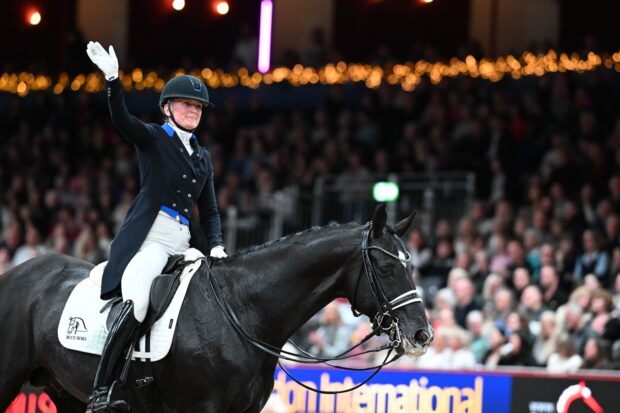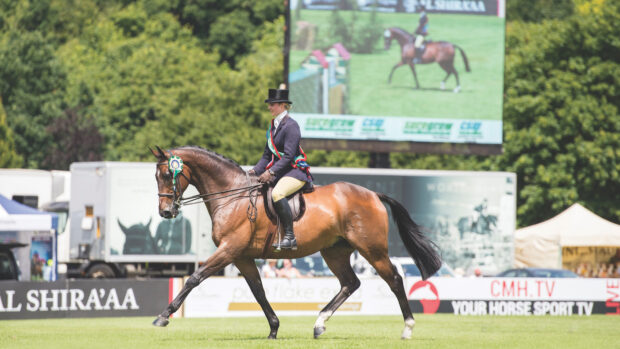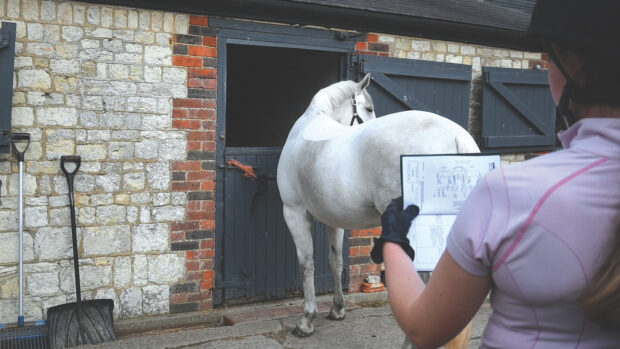Britain’s Land Girls and the 500,000 horses they laboured alongside are being remembered as the country marks 80 years since the start of World War Two.
Working animal charity SPANA is calling on the public to honour the women and their equine colleagues, who worked on the UK’s farms to help feed Britain throughout the six years of conflict.
The Women’s Land Army (WLA), first established in 1917 during World War One, was reformed in June 1939, a few months before the outbreak of war. They were called on to fill the void left by the male farm workforce, who had been drafted to fight.
Britain, which was heavily reliant on food imports, had its ships subjected to continued attacks from the Germans, making an increase in domestic food production critical.
At its peak in 1944, there were more than 80,000 Land Girls working Britain’s fields. They worked closely with horses, who outnumbered tractors 30 to one during this era.
Historian Ruth Goodman, whose television series Wartime Farm highlighted the work of the WLA said that many of the female workforce had never lived away from the city.
“[They were] immediately thrown into every variety of farm work – from using horse-driven ploughs, to milking cows and delivering produce on a pony cart,” she said.
Dame Vera Lynn branded the women “without question among the unsung heroes of World War Two”, adding that they “couldn’t have succeeded without their horsepower”.
“When the WLA was reformed at the start of the war, Britain was producing less than a third of its food by 1939, but – thanks to the enormous efforts of the Land Girls – this rose to 70% by 1943,” she said.
“Many women formed close bonds with the animals that worked side by side with them.”
Continued below…

Lest we forget: campaign honours the eight million horses killed in First World War
Brooke has launched Every Horse Remembered a century after the Great War

Remember the real war horses [H&H VIP]
As the country prepares to commemorate 100 years since the outbreak of World War I, H&H looks back at the

Subscribe to Horse & Hound magazine today – and enjoy unlimited website access all year round
Geoffrey Dennis, chief executive of SPANA, which provides free veterinary treatment to working animals in developing countries, described the Land Girl’s contribution as “monumental”.
“At a pivotal time in our history, the Land Girls and the animals that stood side by side with them helped to fuel the war effort on the home front. We owe so much to this army in the fields.
“Working animals, such as horses, donkeys and mules, are still vital to the survival of people in the poorest communities around the world today. Often working closely with women, these animals are a lifeline – helping to provide food, water and livelihoods. It’s important that we also recognise the contribution of this silent workforce – both then and now.”
The WLA’s work continued after the end of World War Two, with the land army finally disbanded in 1950. In 2008, surviving Land Girls were awarded a badge of honour at Downing Street.
For all the latest news analysis, competition reports, interviews, features and much more, don’t miss Horse & Hound magazine, on sale every Thursday.




